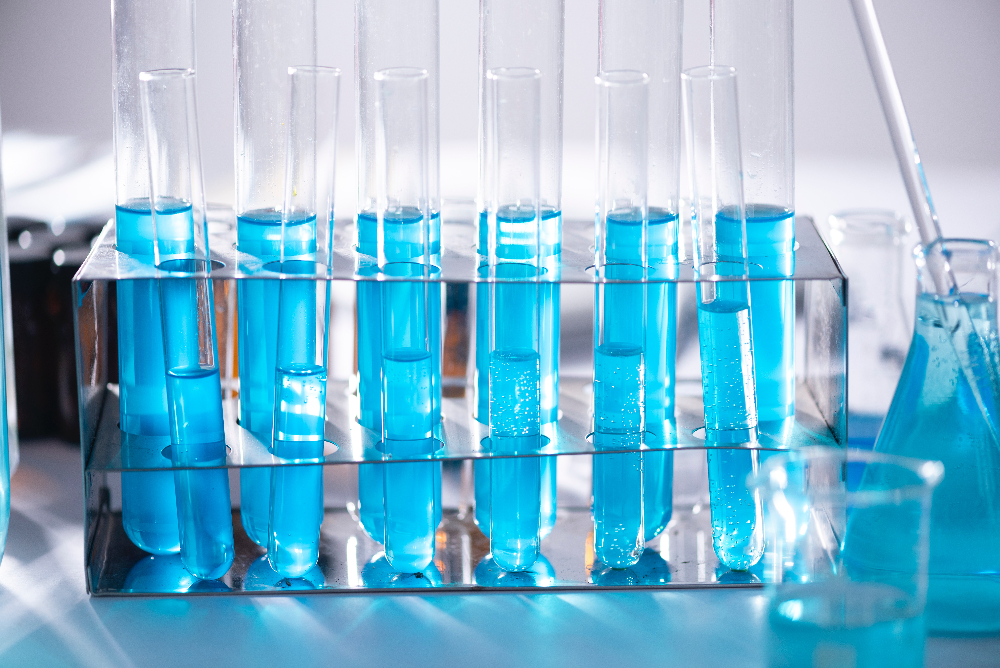Drug makers are trying to gain market share by developing a magic mushroom synthetic.
Something occurring naturally cannot be patented, so the psychedelic providers are hoping to come up with a synthetic version to capture the market. “Magic mushrooms” contain a drug called psilocybin, As Colorado, Oregon, Connecticut, and Maryland legalize psychedelic therapy, new ‘shroom dispensaries are popping up like mushrooms all over North America. Despite the market’s growth in recent months, the psychedelic mushrooms are centuries old and have been consumed for generations for different reasons like promoting creativity, making spiritual connections, and helping with mental health issues.
The drive to create a synthetic version of these mushrooms likely started as the fungi began to be seen as a “breakthrough therapy” drug by the U.S. Food and Drug Administration. Although psilocybin is garnering attention and being legalized by few states, it is still stuck in Schedule I status.
Drugs are classified by the Controlled Substances Act (CSA) in a five-tiered list, where the drugs in Schedules II to IV can be administered by healthcare providers. Schedule I drugs are illegal and prohibited as “high potential for abuse” and having “no currently accepted medical use.” Changing the Schedule of psilocybin can only be done through legislative, administrative, or judicial pathways. Many drug companies that benefit from this prohibition would also not allow this to happen – they would likely block efforts to protect the market for their own drugs.

This same struggle has led to a lack of vital research on psychedelic therapies and no innovation in the drugs that treat depression and anxiety since 1985. Yet, despite legalization still being a long way off, a synthetic version of psilocybin is likely to be identified soon.
The race for creating the synthetic psilocybin is more about getting a patent rather than creating a unique drug from the chemical that might help with the treatment process. There are around 200 mushrooms that produce psilocybin, with no singular purpose existing that would benefit humans.
The effectiveness of psilocybin is due to its resemblance with the brain chemical serotonin, which according to Cleveland Clinic “carries messages between nerve cells in the brain and throughout your body.” It is said to play a major role in functions of mood, sleep, digestion, and sexual desire.
According to Dr. Alan Davis, “Doing drug trials on natural products is very, very difficult because in order to get an approval to do a study, you first have to establish that you can produce a consistent dose and purity of the drug product.” To produce a consistent supply of psilocybin it needs to have a formula that can be mass-produced. If this can be accomplished and a synthetic can be created that mimics the feel-good effects of the natural product, the company that wins the race will submit a patent.
Davis says, “If they can market and trademark, let’s say, a combination of psilocybin and three other alkaloids in the mushroom, well, all of a sudden, now they have a product that’s theirs that they can charge as much as they want for.”
Hopefully, this alternative will also be beneficial and just as effective as existing psilocybin sources.
Sources:
Psychedelic startups are betting on synthetic versions of “magic” mushrooms as the future
The Surprising Mental Toll of COVID


Join the conversation!